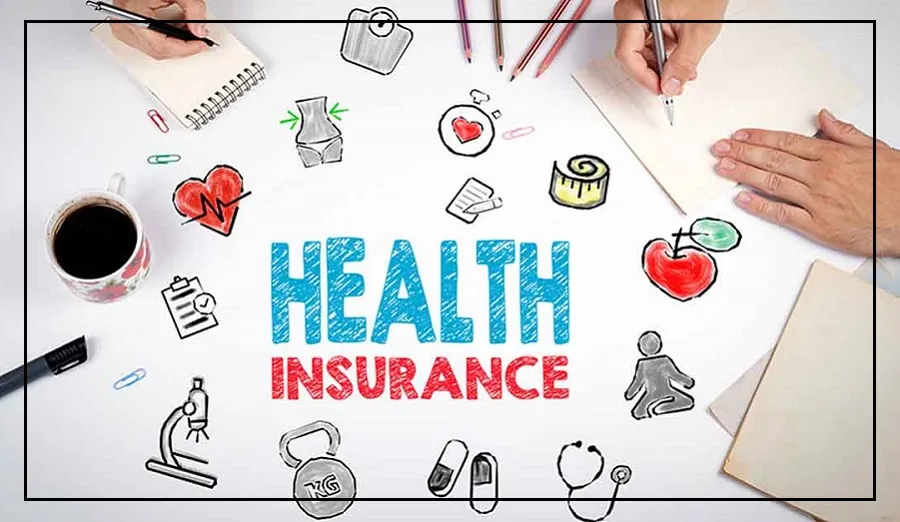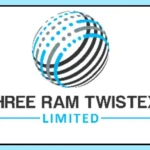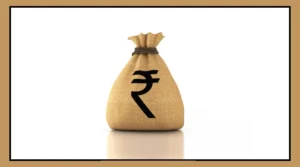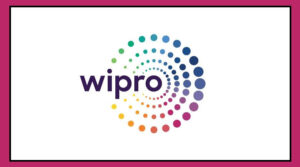GST Update: There’s some good news for people who have life or health insurance.
In the 56th GST Council meeting held on 3 September 2025, Finance Minister Nirmala Sitharaman announced that GST will no longer apply to personal life and health insurance policies.
Earlier, customers had to pay 18% GST, but now it has been reduced to zero. This change will come into effect from 22 September 2025. But the big question is—will customers actually get the full benefit of this?
Which Insurance Policies Will Be Cheaper Now?
After this decision, no GST will be charged on several types of insurance:
Life Insurance: Term plans, endowment policies, ULIPs (Unit Linked Insurance Plans), and reinsurance policies.
Health Insurance: All personal health plans, family floater policies, and senior citizen health policies.
This means customers will no longer pay 18% extra tax on premiums, which will make these policies more affordable and reduce the financial burden.
What Happens When ITC is Removed?
So far, insurance companies collected GST from customers and adjusted it using Input Tax Credit (ITC). This ITC helped cover expenses like agent commissions, advertising, rent, and admin costs.
Now, since GST is not being charged, companies won’t get ITC either. According to former LIC director Ashwin Ghai, insurers may pass some of their increased costs to customers. So, even though GST is gone, the policy prices might still rise slightly due to this.
Lower GST on Medicines and Medical Services Too
It’s not just insurance. The government has also reduced GST on medicines and medical services to 5%. However, these have not been made completely GST-free.
Why? Because if GST is removed fully, companies won’t get ITC on raw materials used in production. This could lead to higher costs, making medicines more expensive instead of cheaper.
Medical Devices Also Get Cheaper
Medical equipment like surgical tools, dental, and veterinary equipment will now have only 5% GST.
The government says this step is to make healthcare services more affordable and ease the burden on patients.
However, this may lead to an inverted duty structure—when raw materials are taxed higher than finished products.
To handle this, companies will be allowed to claim refunds on input tax credit, which should reduce their financial strain to some extent.
























